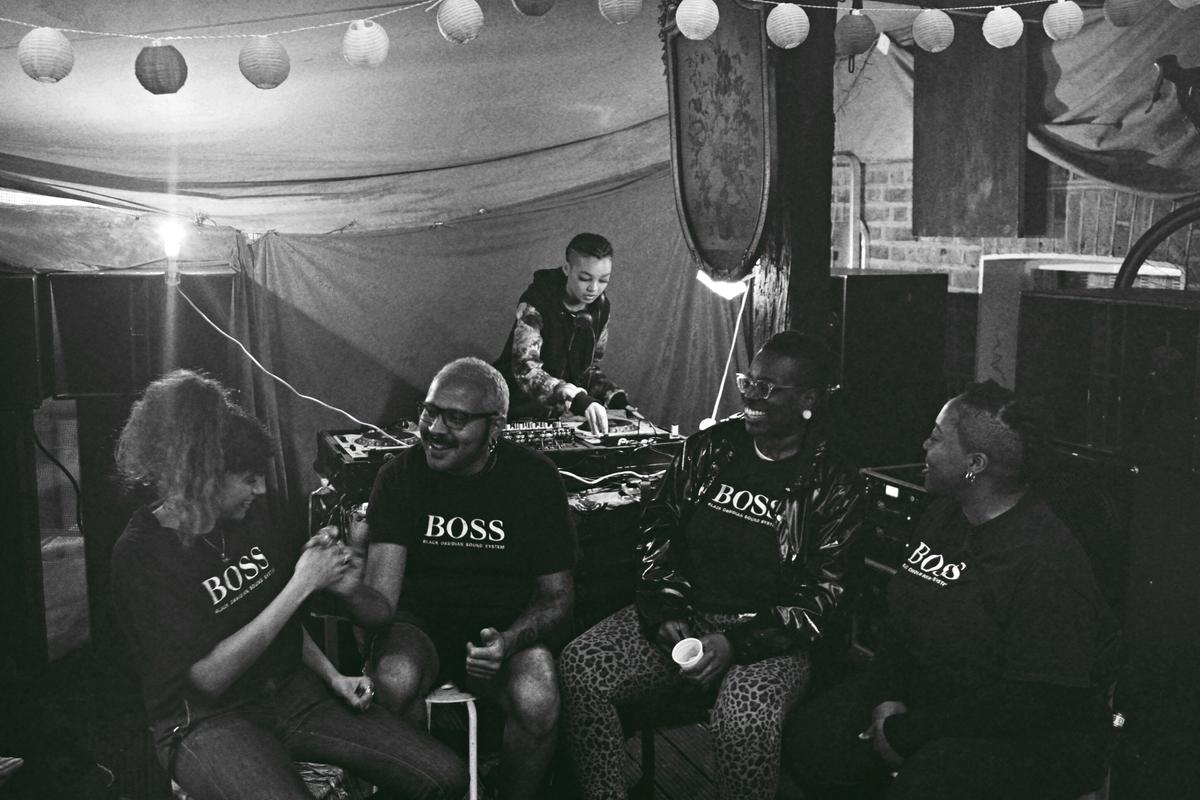The 2021 Turner Prize shortlist, announced today, consists of five grassroots artist collectives which “work closely and continuously with communities across the breadth of the UK to inspire social change through art”, says a Tate statement. It is the first time that the Turner Prize shortlist has been made up entirely of artist collectives.
These include the London-based Black Obsidian Sound System (B.O.S.S.), a collective formed in 2018 whose aim is to “bring together a community of queer, trans and non-binary people of colour involved in art, sound and radical activism”. The jury highlighted B.O.S.S.’s live performances and their “commitment to community”, including an online 24-hour fundraising rave co-organised by collective members.
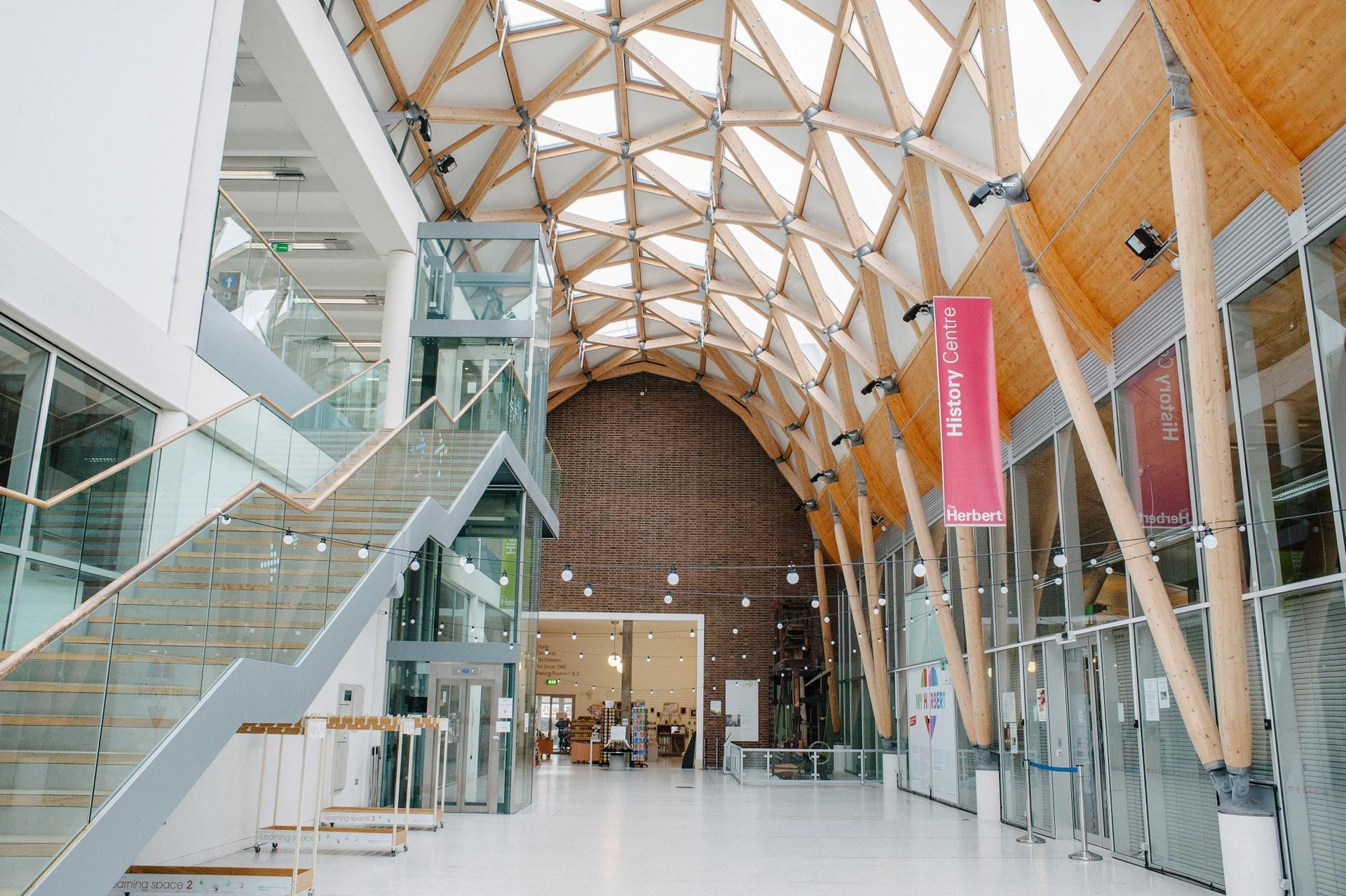
Herbert Art Gallery and Museum in Coventry will host the Turner Prize exhibition from 29 September to 12 January 2022 Photo: Kate Rossin
An exhibition of each collective’s work will be held at the Herbert Art Gallery and Museum in Coventry from 29 September to 12 January 2022 as part of the UK City of Culture 2021 celebrations. The winner, who receives £25,000, will be announced on 1 December at an award ceremony at Coventry Cathedral; other nominees receive £10,000.
The Cardiff-based group Gentle/Radical, another nominee, says it “believes in cultural democratisation and reparation. Be it for Palestinian youth in the Occupied Territories, or young people in the de-industrialised South Wales Valleys”.
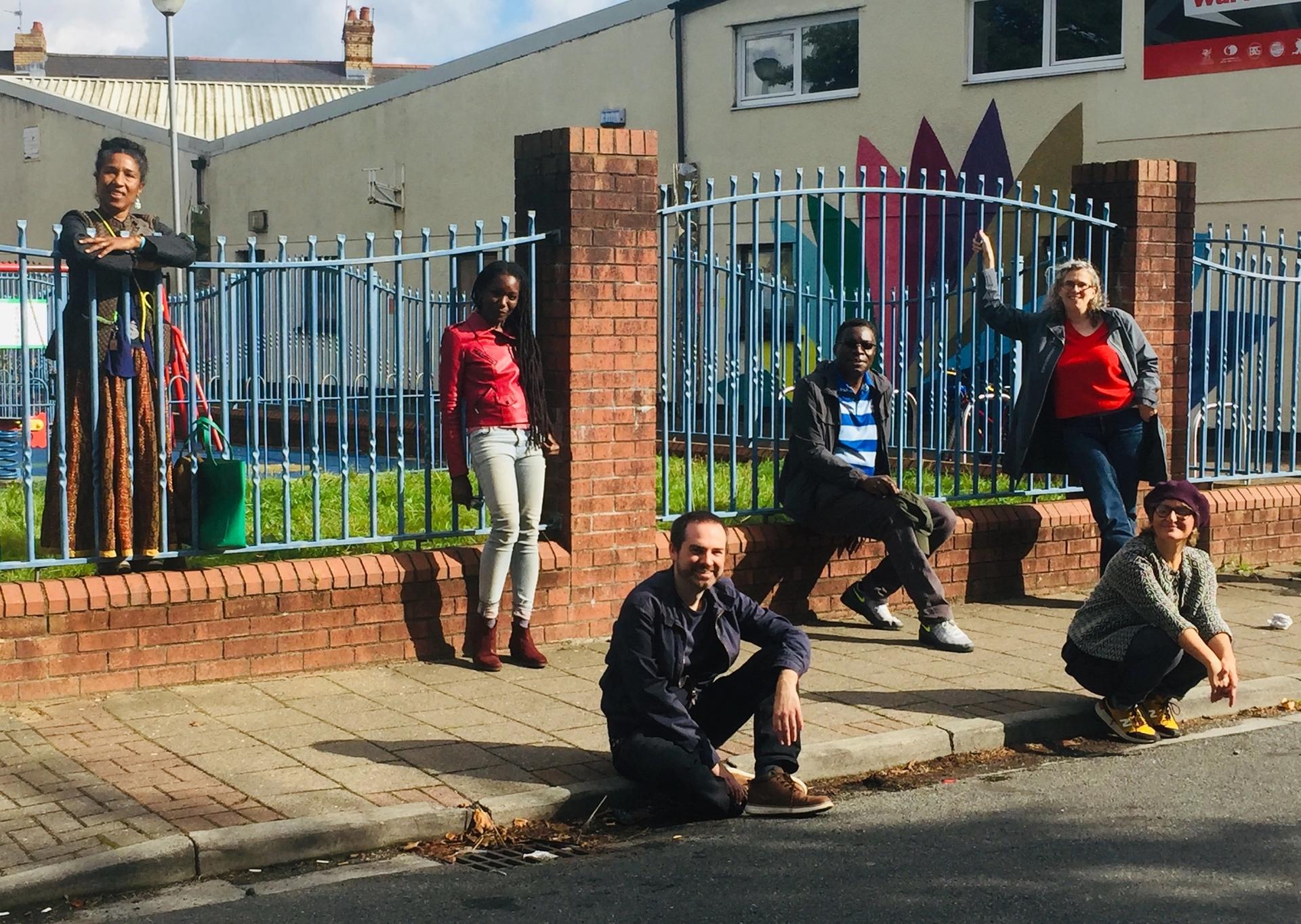
Gentle/Radical are based in Cardiff Photo: Gentle Radical
The Welsh collective launched the Doorstep Revolution project, a resource of stories and narratives gathered during Covid-19 lockdown in the Riverside area of the capital. Tate Britain director Alex Farquharson stresses that the collectives have continued to work throughout the pandemic, becoming “even more relevant as a result”. Exhibitions have been largely closed over the past year, or schedules disrupted, in the wake of the Covid-19 crisis.
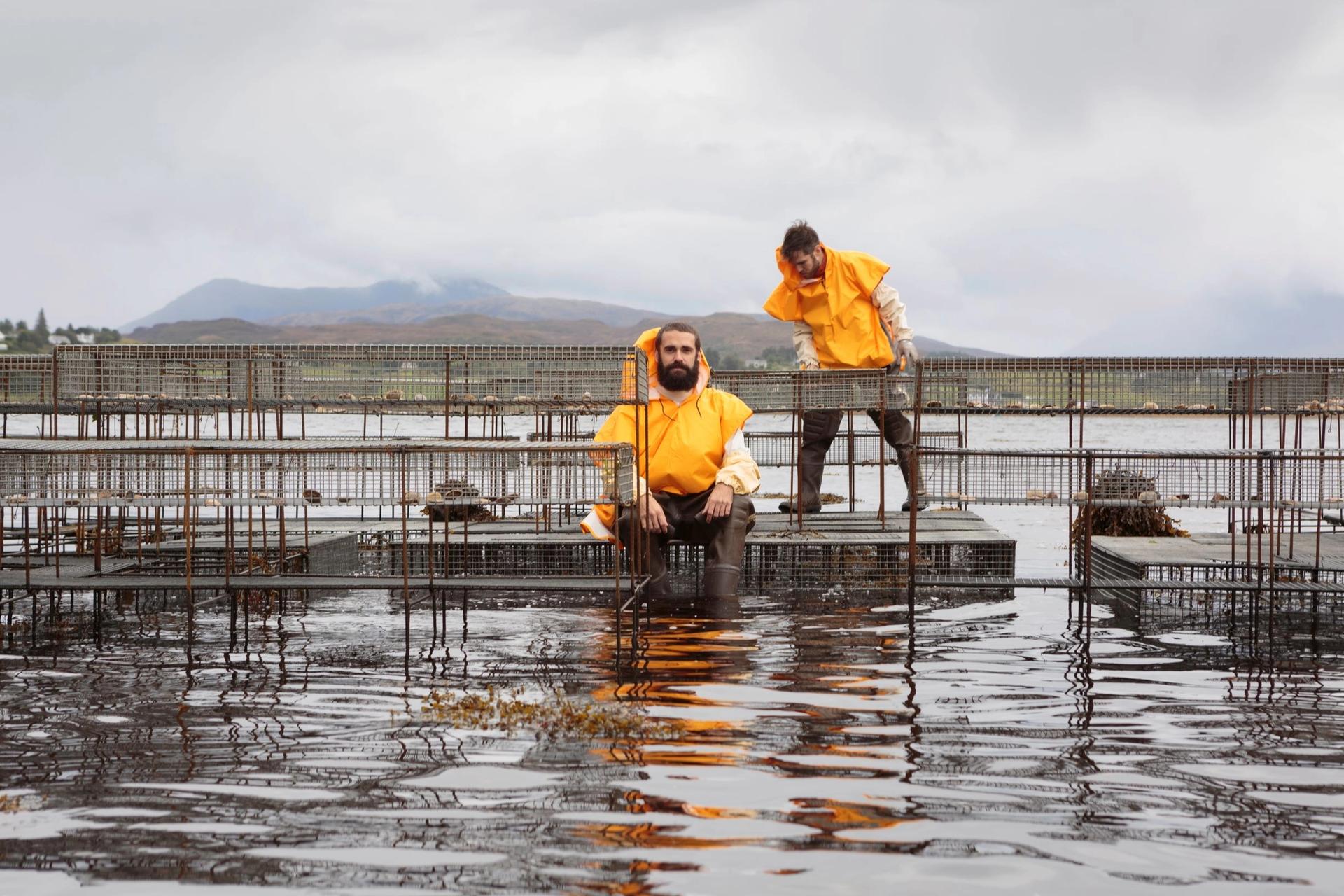
Cooking Sections recently presented a performative installation at Tate Britain Photo: Ruth Clark
The artist duo Cooking Sections focuses on where our food comes from, reflecting ecological and geopolitical issues; the pair recently presented a performative installation at Tate Britain called Salmon: a Red Herring which explores “the deceptive reality of salmon as a colour and as a fish”. Tate removed farmed salmon from its menus across the UK as part of the project.
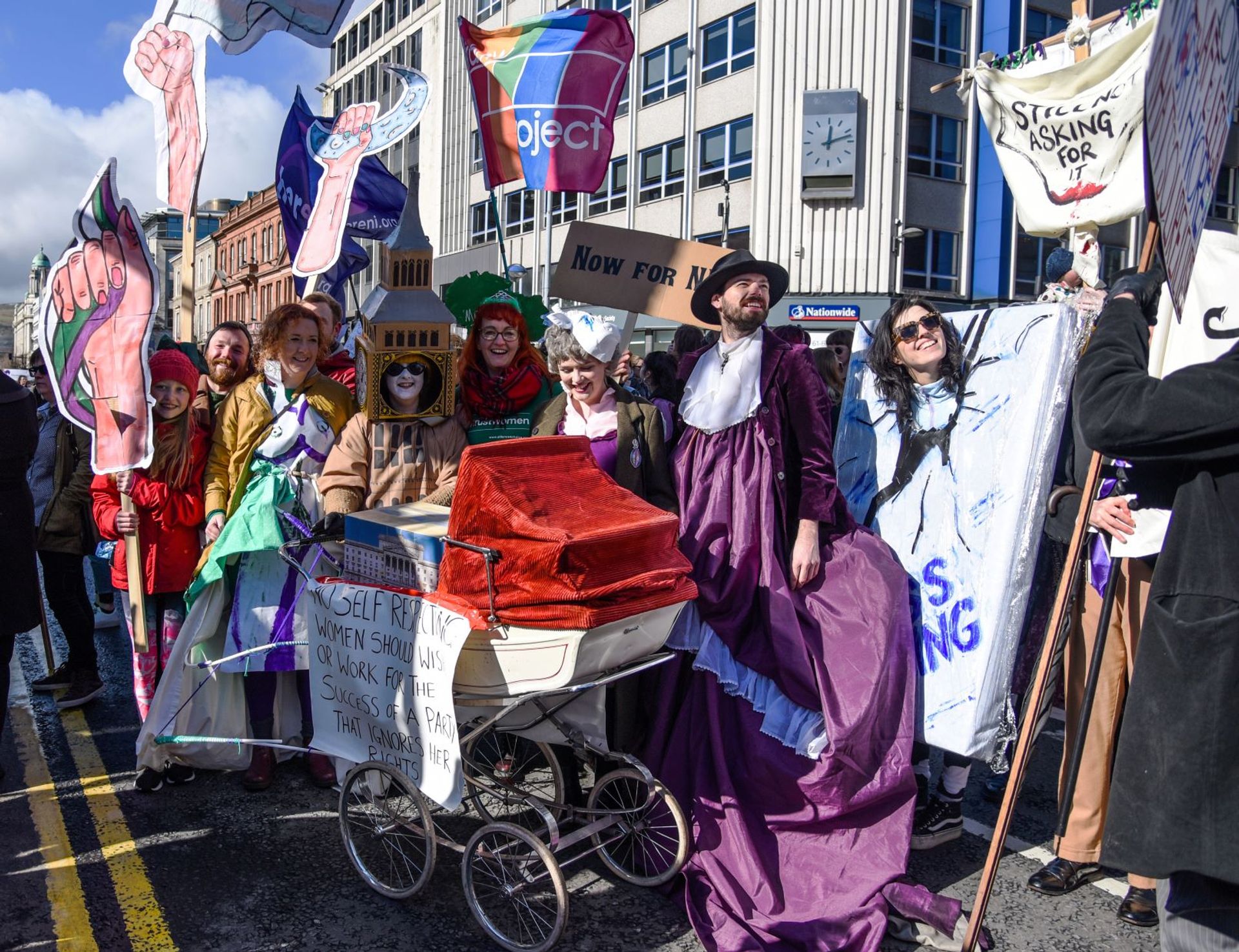
Array Collective at International Women’s Day in 2019 Photo: Alessia Cargnelli
Array Projects in Belfast organises protests, exhibitions and events highlighting issues such as the decriminalisation of abortion in Northern Ireland and legislative discrimination of the queer community. “Over the last four years we have been part of the continuing effort to change the laws in Northern Ireland for our human rights,” says the activist collective on Instagram.
The final nominee, Project Art Works, based in Hastings on England’s South Coast, disseminates “the work of neurodivergent artists and makers through a wide range of projects, exhibitions, co-commissions, films, publications and digital platforms”, according to the organisation's website. During lockdown earlier this year, the group held workshops in the Hastings Contemporary gallery, presenting film screenings and installations.
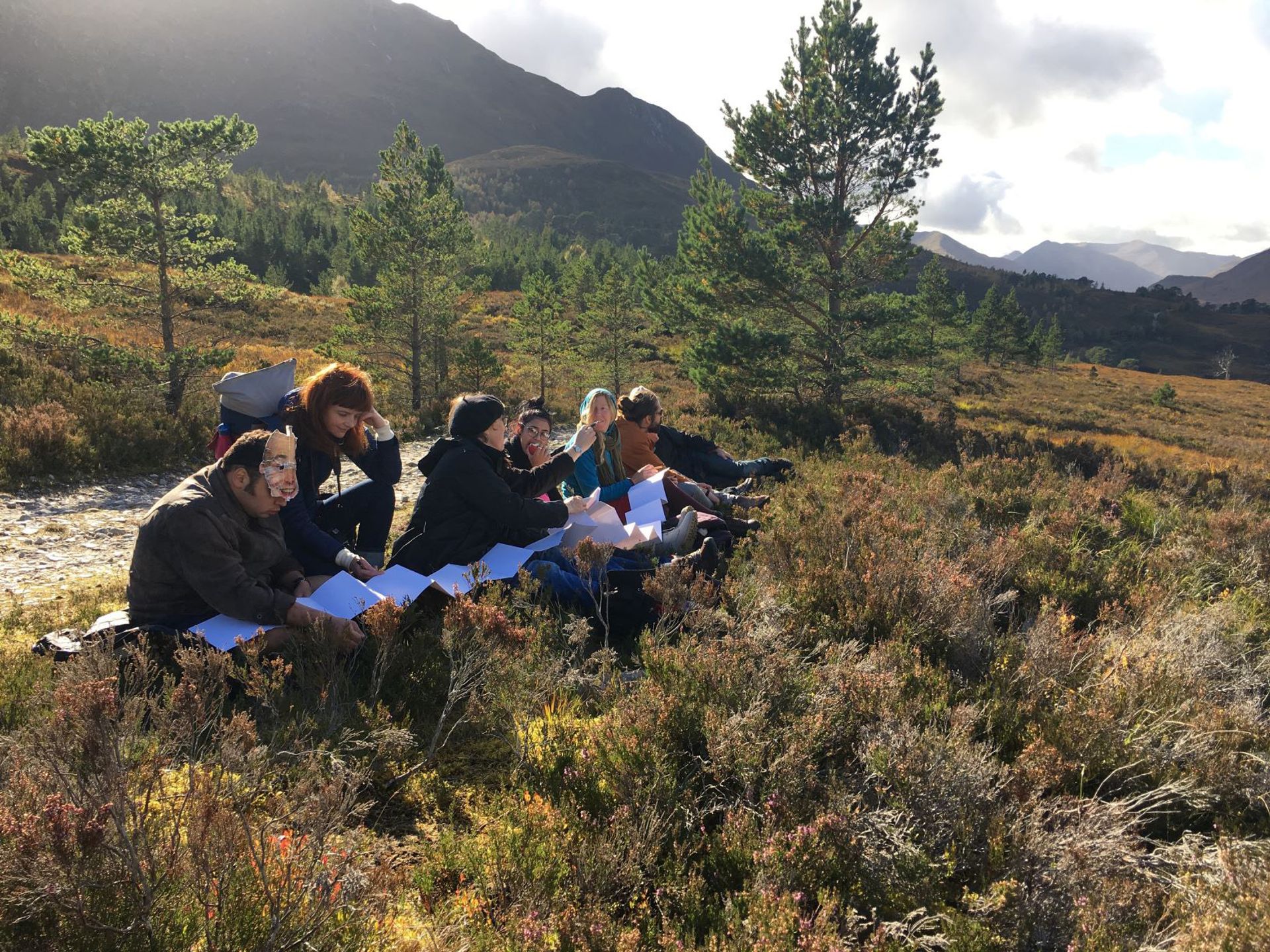
Project Art Works's Illuminating the Wilderness, On Location in Glen Affric in 2018 © Project Art Works
The members of the Turner Prize 2021 jury are Aaron Cezar, the director of the Delfina Foundation in London; Kim McAleese, the programme director at the Grand Union complex in Birmingham; the actor Russell Tovey; and Zoé Whitley, the director of Chisenhale Gallery in London. The jury is chaired by Farquharson.
The public can usually nominate an artist as part of the process. A Tate spokesman says: “The jury have always been free to form whatever shortlist they want. We didn’t actively call out for public suggestions last year or this year given the uncertainties of lockdown, but any that did come in were still shared with the jury as normal.”


